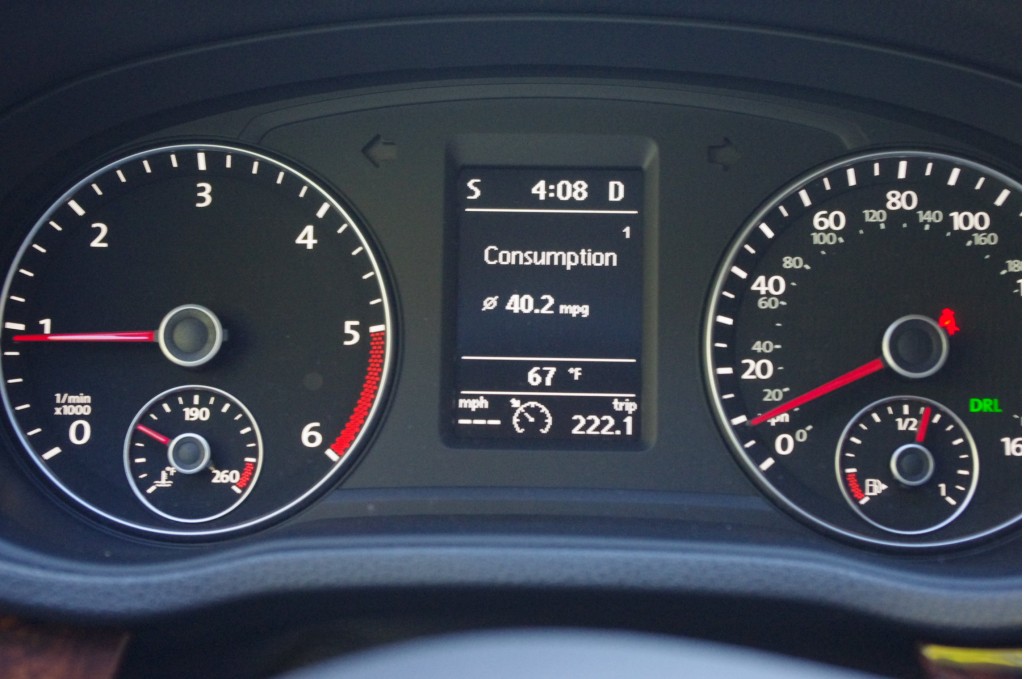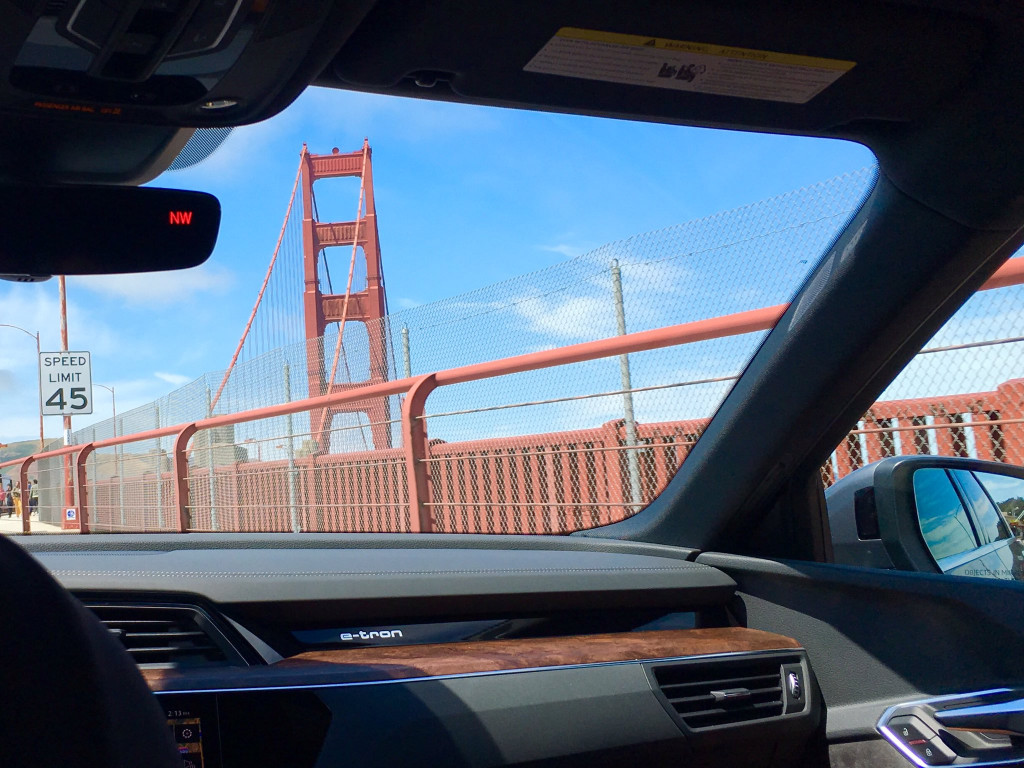A draft of the final rule for the Trump administration’s plan to relax national fuel economy regulations is currently in White House review, with a requirement for annual 1.5% mileage increases from 2021 through 2026.
It now includes carrying over the existing framework for calculating fleet averages forward, as well as the current system that incentivizes automakers to produce more hybrids and plug-in hybrids beyond simply their impact on fleet averages. The news comes according to a Bloomberg report earlier this week, citing three people familiar with the measure who asked for anonymity,

Healthy MPG
Originally the Trump EPA had proposed freezing vehicle fuel efficiency requirements at 2020 levels, which would have locked in a 37-mpg fleet average through 2026, versus the Obama-era rules that required about a 50-mpg fleet average by then—including a misleading boost from the incentive applies for hybrids and PHEVs. The current proposal would bring them up to just 42 mpg, with that current framework included.
Plans for the revamp were put on hold last summer, after a series of negative comments regarding the all-out freeze, including letters from Governors of 23 states, including some Trump political battlegrounds.
In the meantime, last July, the administration froze the fines for non-compliance to just $5.50 per 0.1 mpg per car—the level they were set to in 1997—instead of the $14 per 0.1 mpg that had been set forth.

Audi e-tron, on the Golden Gate Bridge
Beyond this, the EPA is seeking to revoke the waiver that allows California to set its own greenhouse-gas standards.
Although it’s not surprising that environmental groups and public-health organizations would be against the proposal of a national freeze, it was not received well by automakers or the public, which seemed to catch the administration by surprise. A Consumer Reports survey from last September found that 88 percent of Americans agree that “automakers should continue to improve fuel economy for all vehicle types.” CR further estimated that a freeze would cost $460 billion to consumers, with the heavier burden to pickup and SUV drivers.
